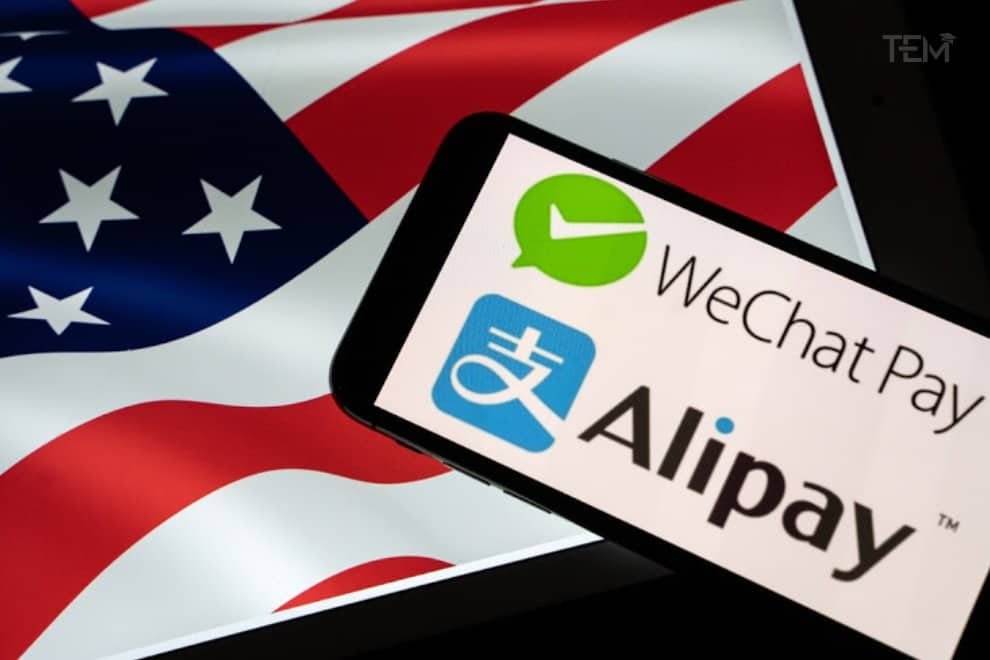A Threat to US National Security
US President Donald Trump recently signed an executive order banning transactions with eight Chinese apps. These apps include popular payment platform Alipay, as well as QQ Wallet and WeChat Pay. The order, which is set to take effect in 45 days, says that the apps are being banned because they are a threat to the US national security. This flags the possibility that the apps could be used to track and build dossiers on US federal employees. Tencent QQ, CamScanner, SHAREit, VMate, and WPS Office are some of the other apps included in the order. The order says, “The United States must take an aggressive action against those who develop or control Chinese connected software applications to protect our national security.”
The Series of Restrictions
Chinese social media app TikTok and the telecom giant Huawei have also been among the casualties of Washington’s crackdown. Last month, the Commerce Department added dozens of Chinese companies including the country’s top chipmaker SMIC and drone manufacturer DJI Technology, to a trade blacklist. The department also restricted several Chinese and Russian companies with alleged military ties from buying sensitive US goods and technology. China, however, has consistently denied the claims that these firms share their data with the government and has responded by imposing its export laws restricting the export of military technology.
The Delisting Conundrum
The latest ban comes as the New York Stock Exchange considered a second U-turn on its decision to delist three Chinese telecom giants. Last week, the NYSE announced it would delist the China Mobile, China Telecom, and China Unicom with another executive order. However, a couple of days ago, NYSE reversed the decision–announcing it had decided not to delist the three companies after further consultation with the US regulators. It made the decision based on ambiguity about whether the securities were actually covered by the order.










